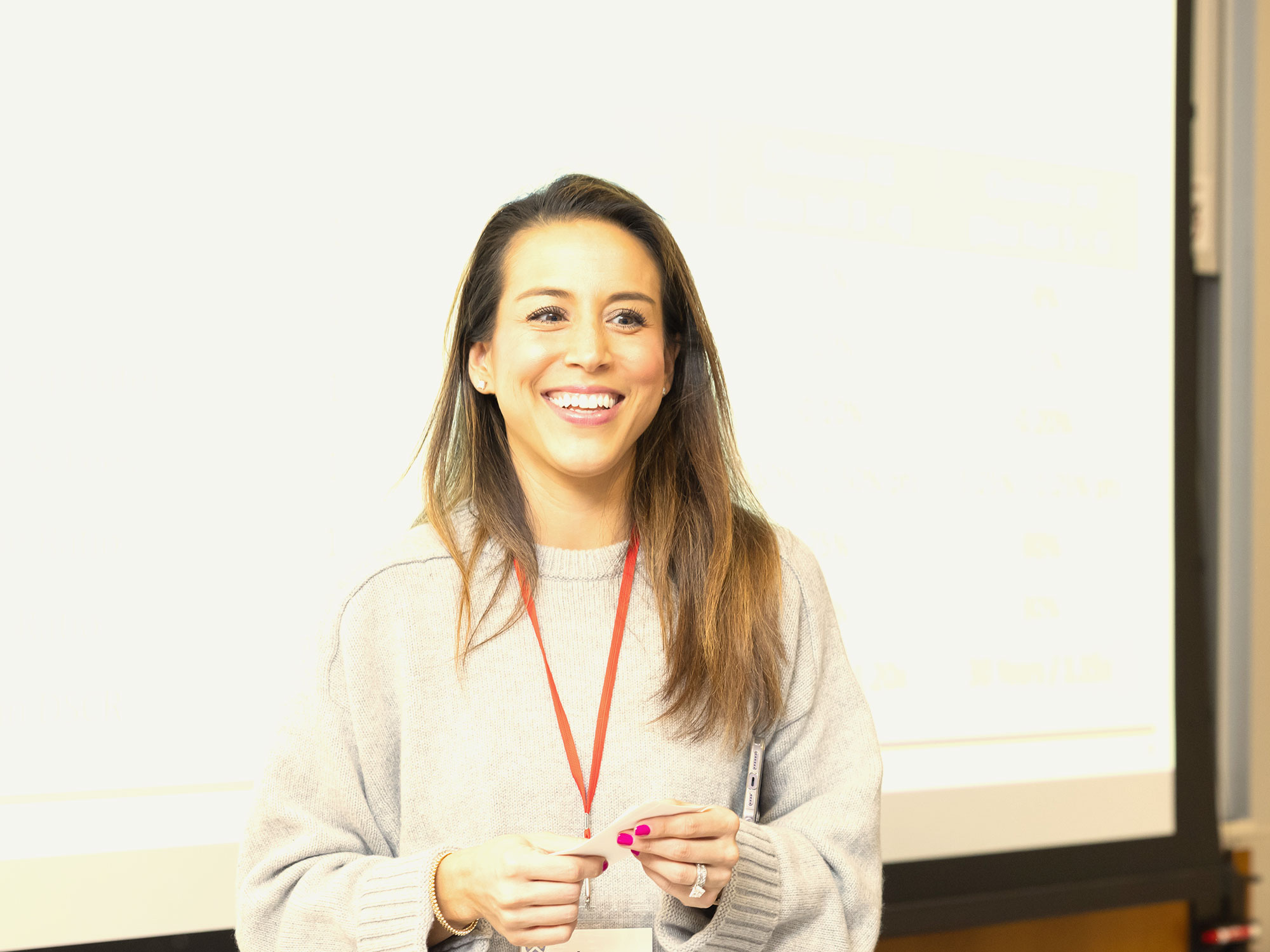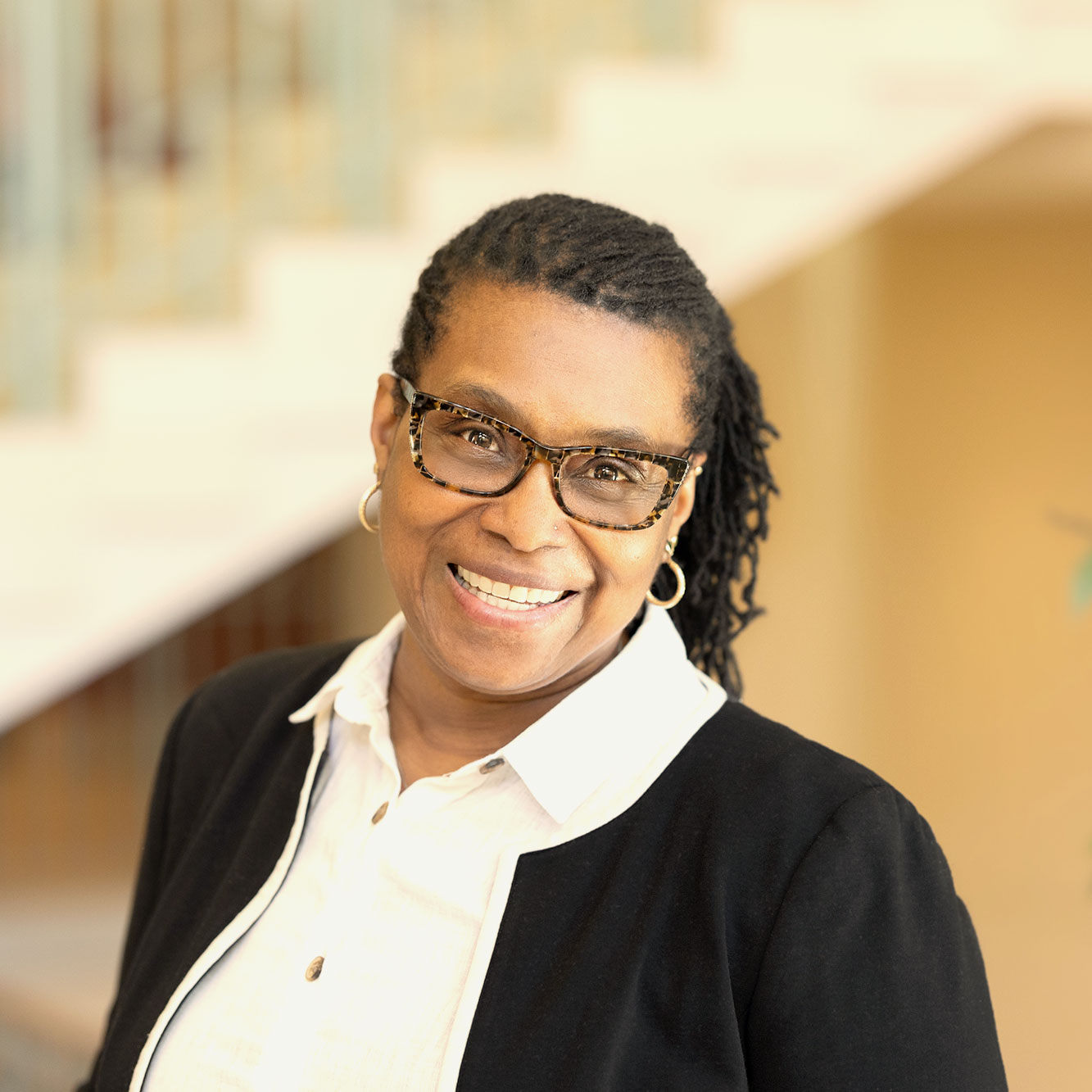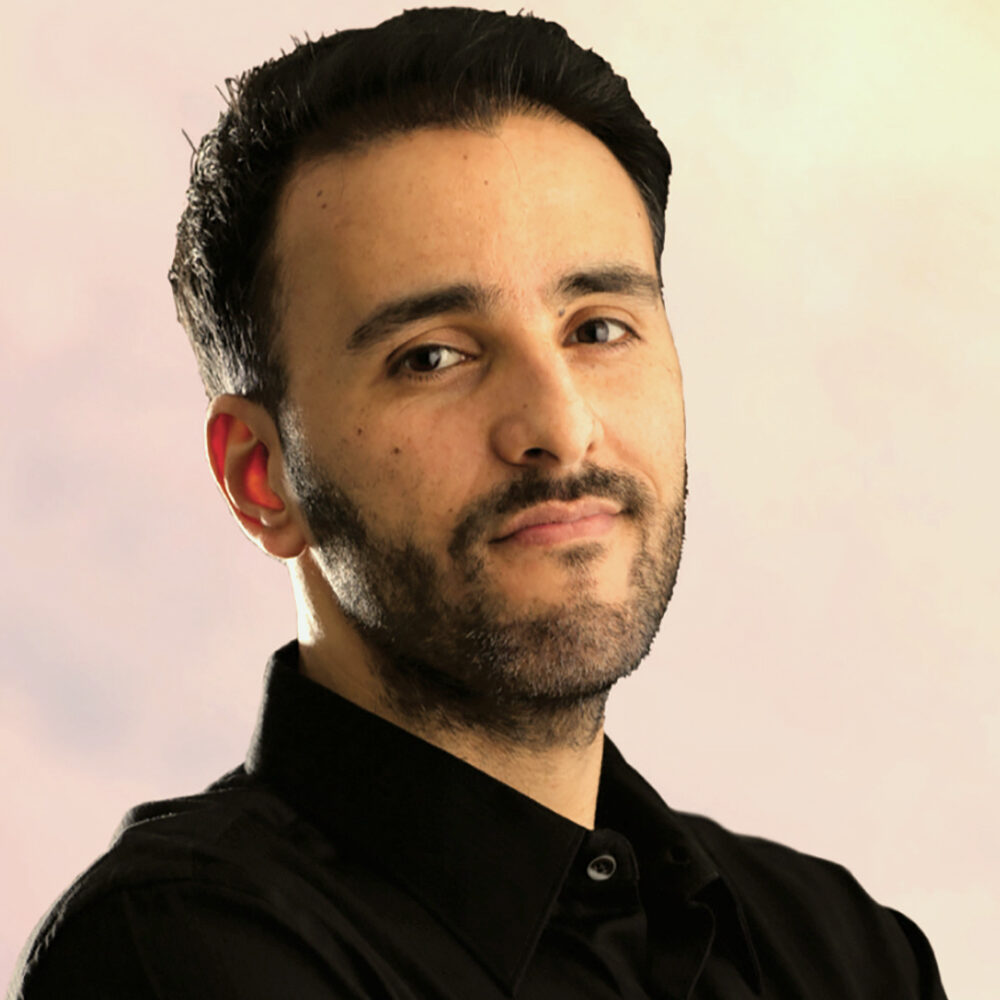Program Overview
Through the Mathematics for Teaching Graduate Program, you’ll:
- Build a deeper understanding of mathematics content to inspire curiosity, foster inquiry, and cultivate problem-solving skills in your students, both in their learning and in real-life applications.
- Acquire pedagogical content knowledge to effectively support student motivation and interest in mathematics within today’s complex and dynamic academic and social environments.
- Develop a comprehensive understanding of how students learn and do math, including how misconceptions, preconceptions, and evolving mathematical thinking can enhance comprehension of mathematical concepts.
- Acquire the tools and resources needed to excel in mathematics education and positively impact your students’ learning experience.
- Graduate with a Harvard University degree: Master of Liberal Arts (ALM) in Extension Studies in the field of Mathematics for Teaching.
Courses
To earn the degree, you’ll complete 12 courses. The course curriculum is designed to help you develop practical skills that you can apply immediately in your career. You can study part time, choosing courses that fit your schedule and align with your learning goals.
Example Courses
- Mathematical Foundations
- Mathematical Theory
- Discrete Mathematics for Computer Science
- Introduction to Instructional Design
- Calculus
Stackable Certificates
As you work your way toward your master’s degree, you can take courses that also count — or “stack” — toward a graduate certificate. It’s a cost-effective, time-saving opportunity to build specialized skills and earn a second professional credential.
Stackable graduate certificates include:
Admissions
The path to your degree begins before you apply to the program. You’ll earn your way in through our performance-based admissions, completing coursework for admission and earning credits toward your degree right away.
Next Start Term
You can enroll in your first admission course this summer or fall.
Course registration opens March 3 for summer and in mid-July for fall.
Featured Faculty
Our math for teaching instructors bring a genuine passion for teaching, with students giving our faculty an average rating of 4.6 out of 5.
Program Benefits
Experience a rigorous curriculum. 97% of recent graduates would recommend the program.
Access career advising and other services through Harvard’s Mignone Center for Career Success.
Explore entrepreneurial opportunities through the Harvard Innovation Labs.
Pursue paid research opportunities through the Faculty Aide Program.
Become a member of the worldwide Harvard Alumni Association (400,000+ members) and Harvard Extension Alumni Association (29,000+ members).
Tuition & Financial Aid
Learn more about the cost of attendance.


